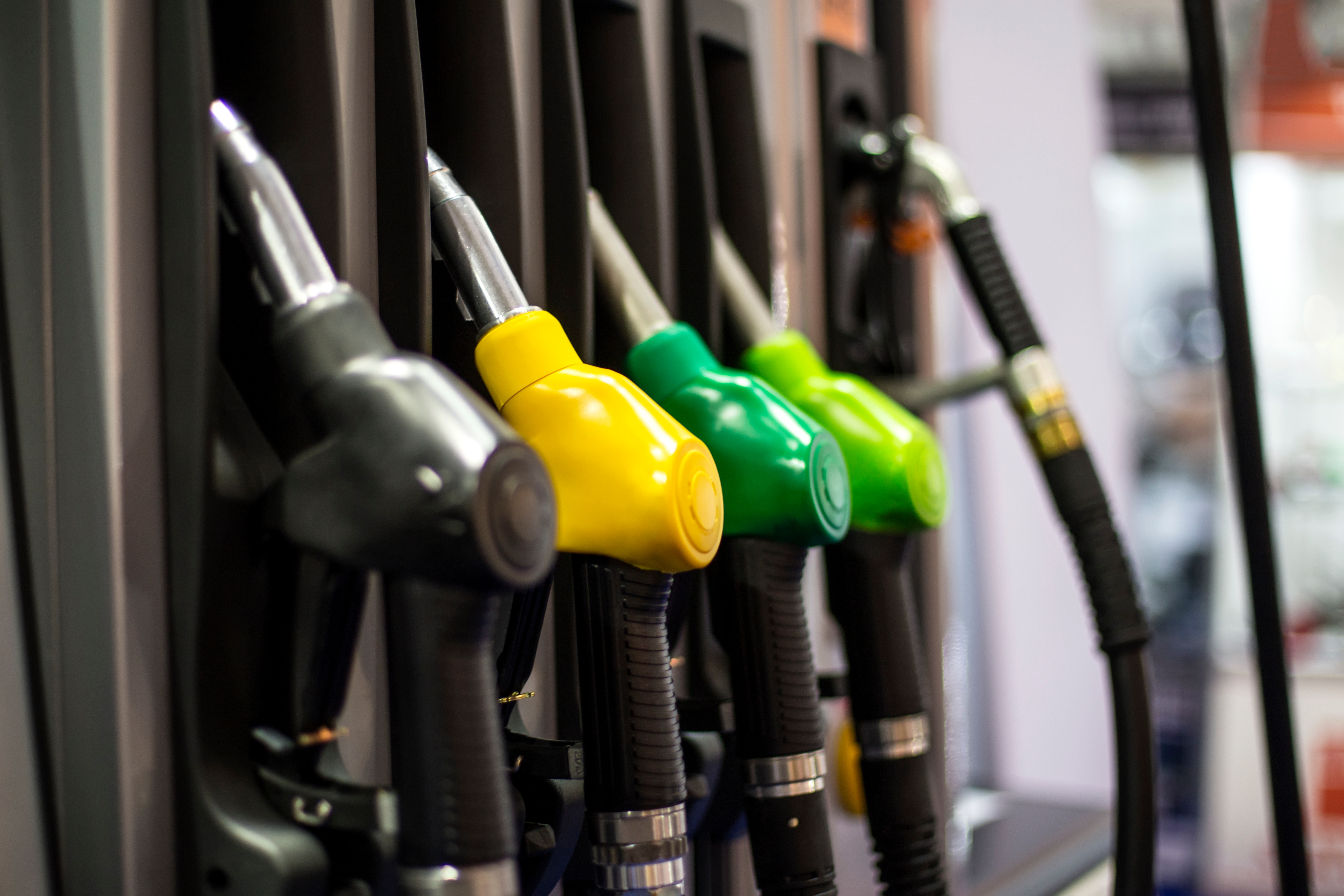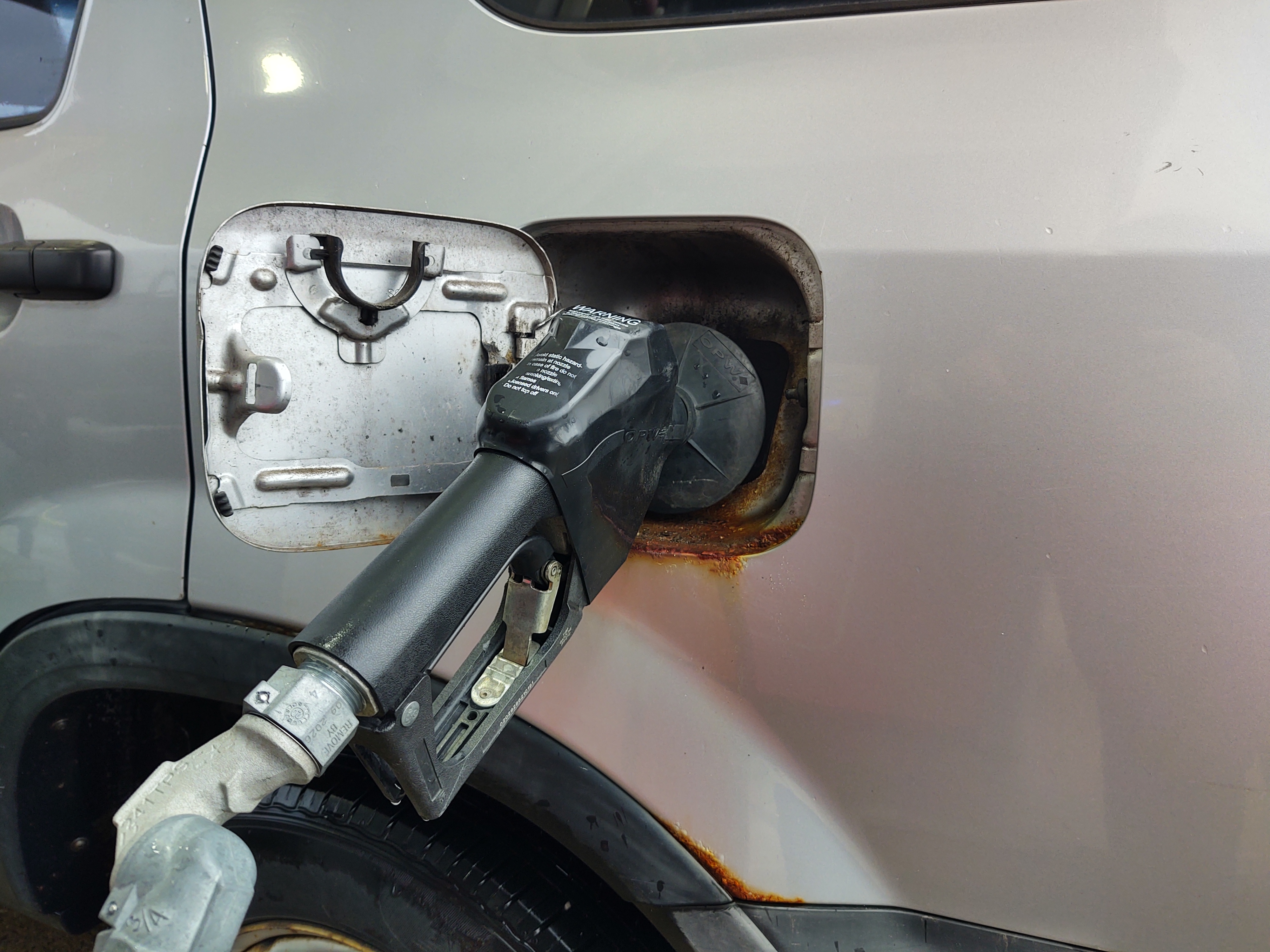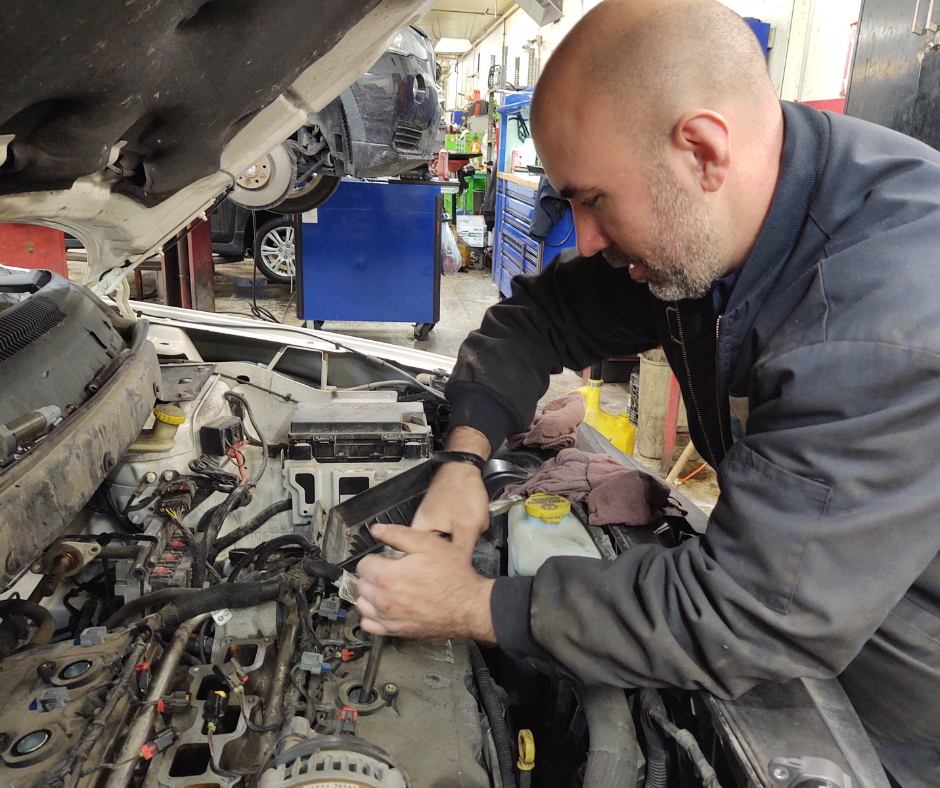Posted on 7/24/2023

When pulling up to the pump there are several fuel options for your vehicle. What’s the difference? Which is right for you? Unleaded Gasoline Most vehicles on the road run on unleaded gasoline. Most gas stations offer three options for unleaded gas: Regular, Midgrade, and Premium. The difference between these is the octane level. Octane works with your engine in a variety of ways to make your car go. Generally speaking, the higher the octane level, the better engine efficiency and performance Regular Gasoline Regular gasoline tends to have the lowest octane levels. The minimum octane levels by law in the US varies from state to state. Most states require that regular unleaded gas have a minimum octane rating of 87, but in some states it’s as low as 85. Midgrade Gasoline Midgrade, as the name suggests, has octane levels somewhere between regular and premium gas. It’s often just a blend of regular and premium. Not only do octane level ... read more
Posted on 7/14/2023
Oil is the lifeblood of your vehicle. There are many moving parts inside an engine. Oil is a lubricant that protects the engine’s internal moving parts. It reduces friction and to prevent these parts from wearing down on eachother. Over time, the oil breaks down, accumulates contaminants, and the friction-reducing properties diminish. When this happens, severe damage can be done to your engine. Removing the old oil and replacing it with new oil is essential in preventing damage and prolonging the life of your engine. Depending on your car’s needs, it is usually recommended to change oil that is a synthetic blend every 3 months or 3,000 miles (whichever comes first) and every 6 months or 5,000 miles for full synthetic oil. Speak to your oil change specialist about the best option for your car, but always reference your vehicle owner’s manual for your vehicle’s specific needs
Posted on 7/11/2023

Too much gas damages your car! Overfilling at the pump comes with some consequences. Your vehicle’s system utilizes gasoline vapors. Overfilling your tank can cause liquid gasoline to enter places only the gasoline vapors should go. The liquid can get sucked into the intake valve and end up in the vehicle’s charcoal canister or carbon filter (depending on the vehicle type). If this happens, the vehicle will start to run poorly and gas could start leaking into, and damage other parts of your vehicle’s system. If your charcoal canister or carbon filter needs to be replaced, it’s not an inexpensive repair, but ignoring the necessary repair could result in even further damage
Posted on 7/7/2023

Your vehicle, like your smartphone, will stop performing as well over time. Unlike your phone, you may not want to replace your vehicle every 2-3 years. If your vehicle isn’t in peak performance, it may be time to get a tune up. A tune up will increase the engine efficiency, but the most noticeable benefit may be a better fuel economy. Although tune up services performed will vary from vehicle to vehicle depending on year, make, and model, South Street Auto Care will address the following areas: Spark plugs wires/coil boots PCV (if available) Fuel injection cleaning Air Filter Fuel injection cleaning When applicable, updating your vehicle software may be advised to make adjustments for optimal performance. Generally, your vehicle should have a tune up every 100,000 miles, but it’s best to check with your owner’s manual for specific manufacturer recommendations. If you’re wondering if it’s time for a tune up, or ... read more